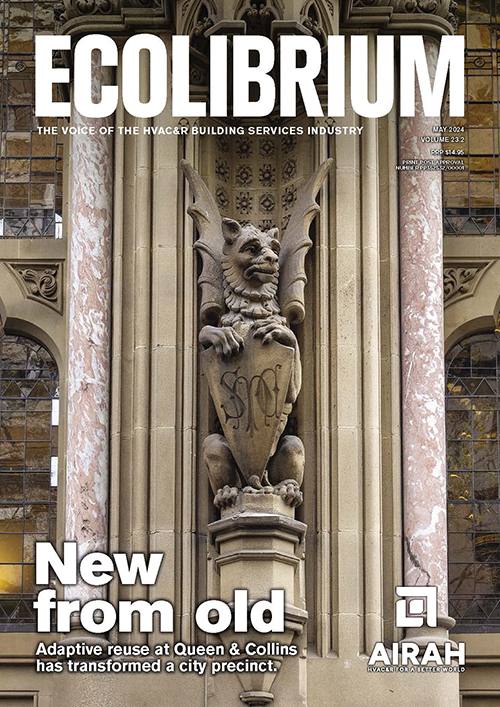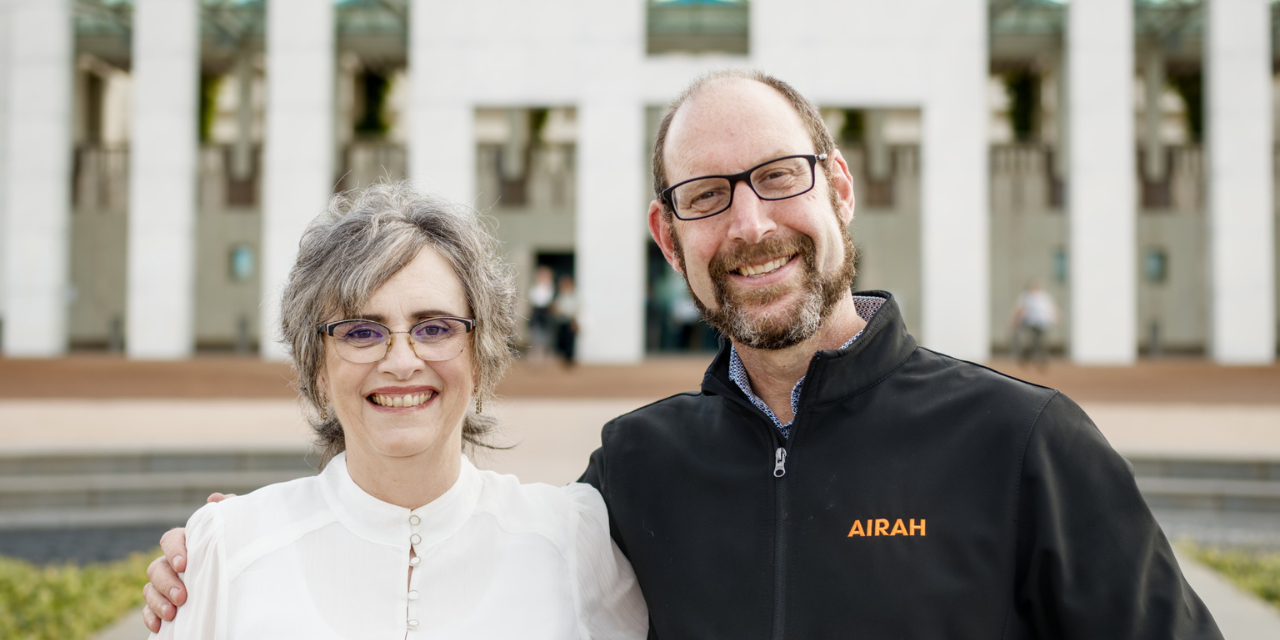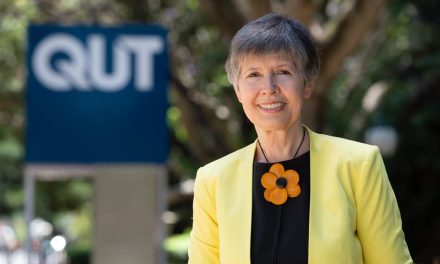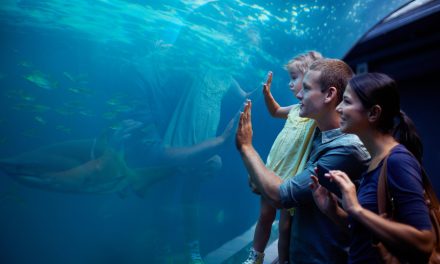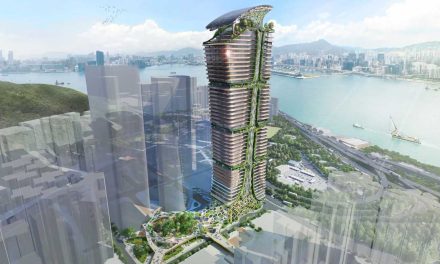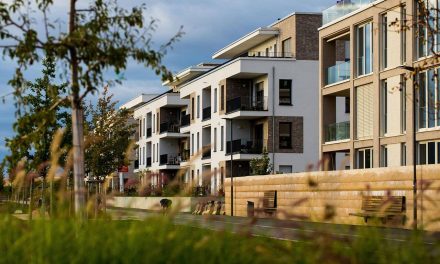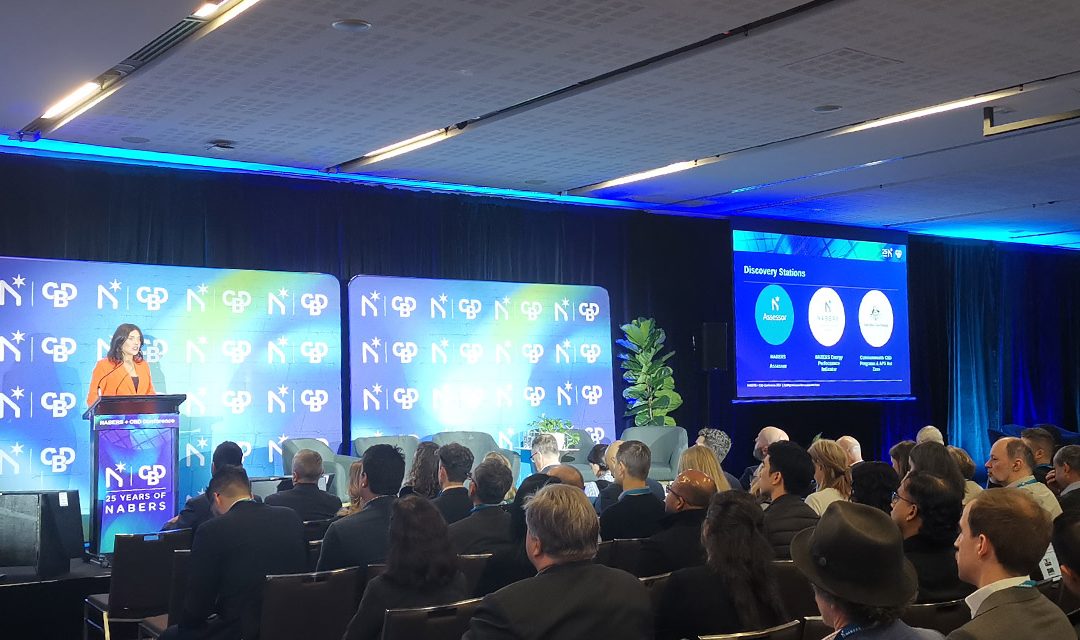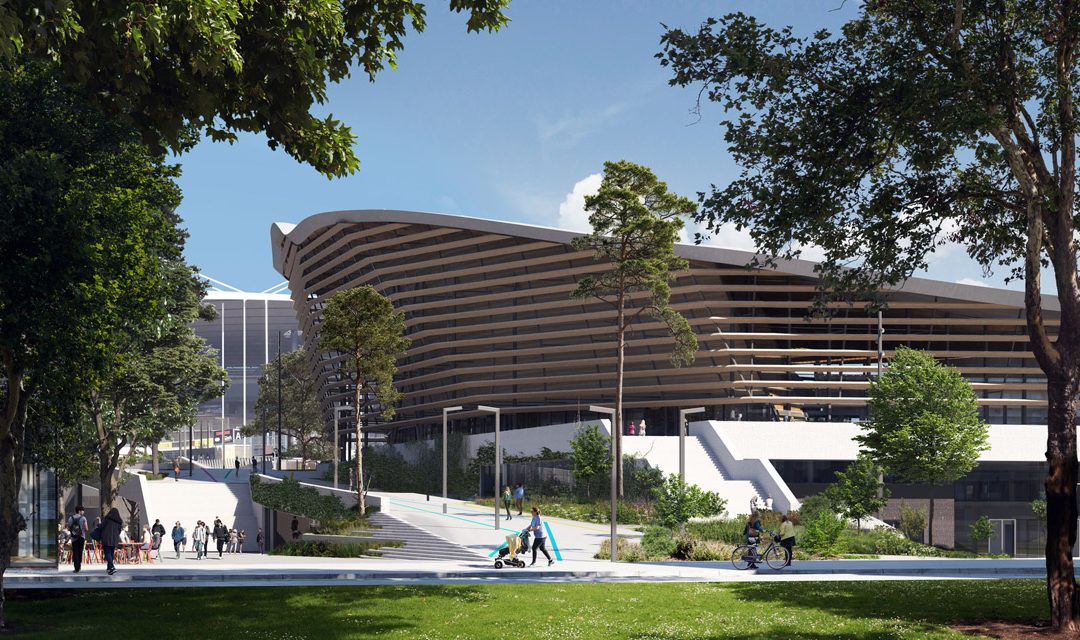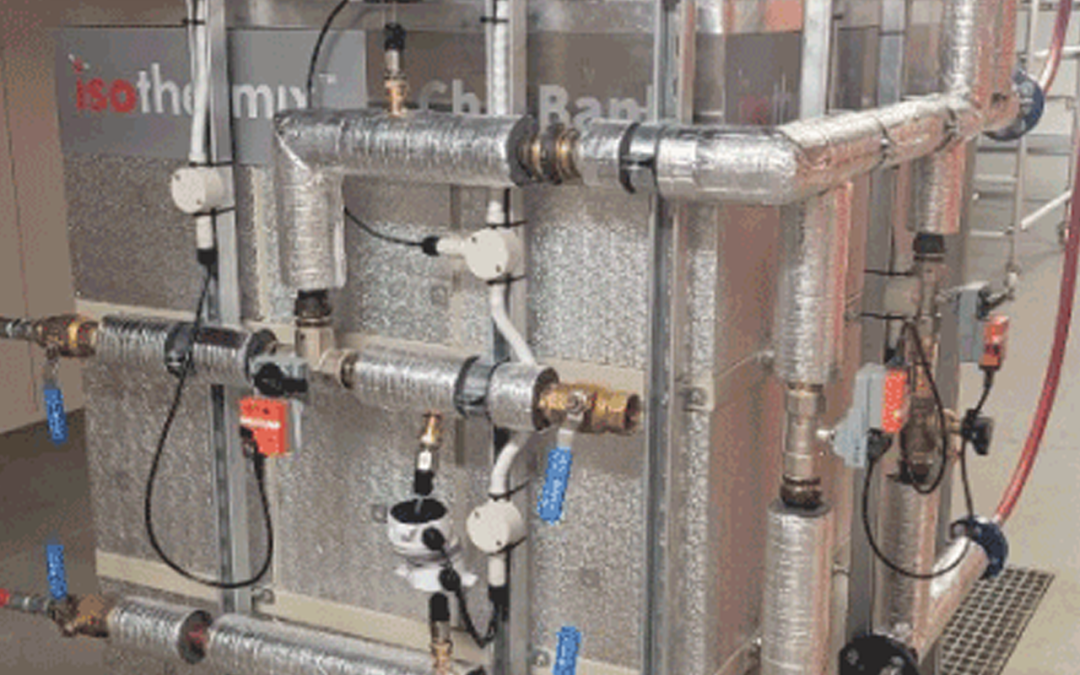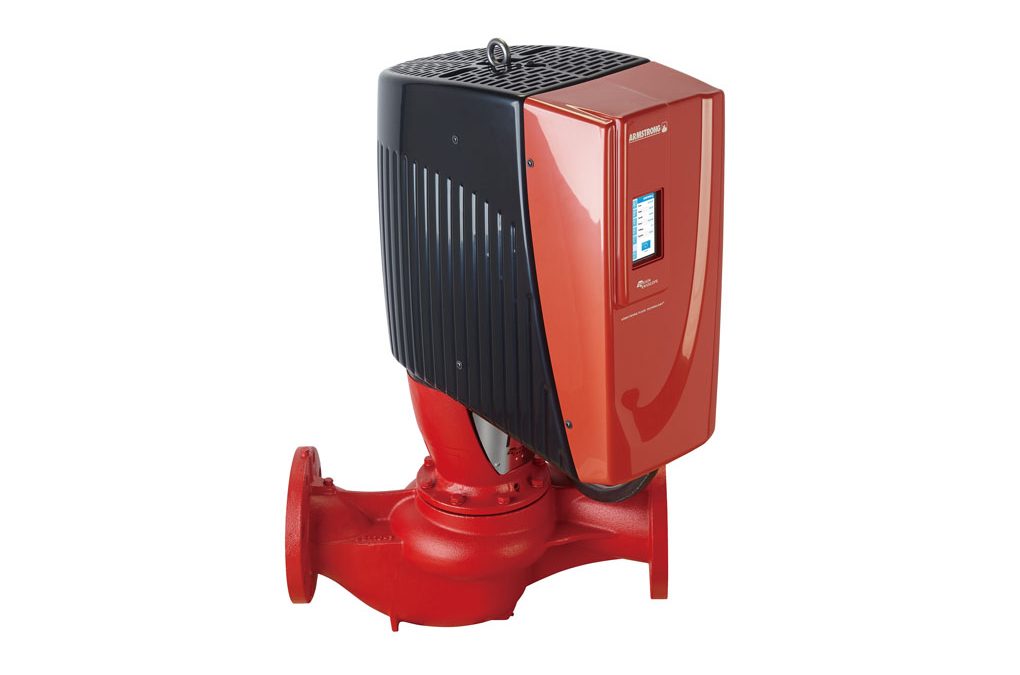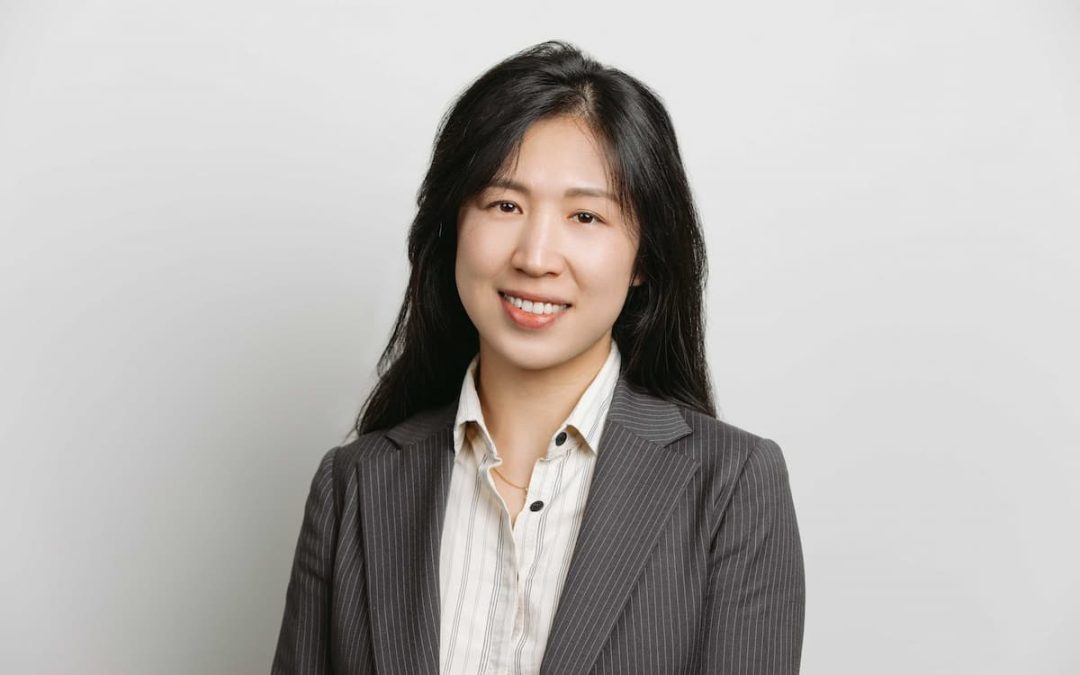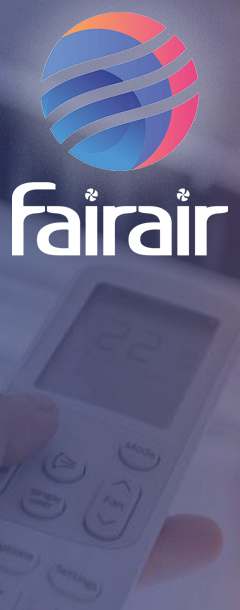Dr Claire Bird, Affil.AIRAH, is Managing Director of LITMAS, a Brisbane laboratory she established five years ago.
Do you have a specialty?
Running laboratories and finding meaningful ways to bridge lab analysis to real-world situations based on experience in the field too.
I specialise in detecting and characterising mould and other microbial agents of concern from buildings using conventional methods as well as more advanced methods such as PCR. I have also spent a lot of time in the chemistry of indoor air and in leading or supporting not-for-profit professional bodies.
What are you enthusiastic about?
The rapid evolution of science and our increasing comprehension of how we improve our mental and physical health and reduce the burden of disease by changing the microbial world inside and around us. I am also enthusiastic about the new developments that are in contrast being forced on us by climate change and water shortages that could benefit those in parts of the world and society that otherwise would be left significantly impacted.
I have equal enthusiasm for bringing people together across the industry, and providing opportunities for us all to learn, share, shine and grow.
What do you like about your job?
The people who work with me, inside and outside my organization, create energy with me and constantly change my thinking. I adore taking our data and using it to innovate new ways to detect, monitor and manage mould and infection risks in our buildings and HVAC systems.
It is the vision of the leaders that I work with through my volunteer time that keeps my job progressive. Oh, and dare I say I actually enjoy building systems to manage the complexities of running a small business.
What do you find challenging?
The fluctuations in workload where many of our clients respond to catastrophic events can be tough. I never lose sight of just how important it is to get things right for those working in and affected by those events. That means buffering pressure that could affect my staff. So yes, it gets very tricky at those times finding time for myself, and those closest to me. I have an amazingly supportive and intelligent husband and daughter at home, without whom the challenges would become mountains instead of hills.
“I adore taking our data and using it to innovate new ways to detect, monitor and manage mould and infection risks in our buildings and HVAC systems”
What would you most like that you don’t have?
To have my other two children and their children here in Australia, in part selfishly but also because we are tracking much better than the UK at the moment. Other than that, I am pretty blessed to have most of what I need in life materially and personally. There are probably a few bits of super-expensive lab equipment that are life-changing, but if I had them now, what would I do next year? Backburners are great for keeping up momentum and engaging staff in a vision.
If I wasn’t doing what I’m doing, I’d be a …
Researcher in detect-to-warn systems for deliberate biological attack or pandemic prevention, probably with the Department of Defence. If possible, it would involve flying in a plane to collect samples from clouds, as that is a dream challenge – we almost managed this at Flinders University but we didn’t win our grant application.
A non-science backup plan? Ticking off the really tough pieces on my piano bucket list and designing my dream eco-home.
Something people might be surprised to find out about me is …
Arriving in Adelaide with only a fresh Ph.D., my youngest, our 14-year-old daughter, three cases, a stage piano, and flute, I was set to begin work at Flinders University the next day. However, our planned accommodation fell through an hour before departure from England, leaving us scrambling upon arrival.
Compounding matters, my credit card had vanished during transit, and we had minimal access to money. We couldn’t even top up our phone credit to work with Visa to resolve the issue. Those we met in those first few hours in Australia blew me away and many remain friends. From the Visa customer service representative to the helpful car hire attendant trusting us with a very small deposit, and directing us to alternatives for lodging, we encountered several guardian angels that day and found a bed for the night.
“I have an amazingly supportive and intelligent husband and daughter at home, without whom the challenges would become mountains instead of hills”
What does AIRAH membership mean to you?
It gives me the privilege of interacting with a truly welcoming and insightful team of individuals and industry operators. I get to explore the systems that drive the thing I am most passionate about – the air we breathe – and I’ll get to continually question and expand my understanding.
What are you optimistic about?
The swift advancement of technologies to allow us to not only speak with each other within our buildings, but to interact and comprehend each other, our buildings, and our planet better through data-driven systems. Where indoor air quality crosses the paths of climate change, energy efficiency, moisture control, infection control, big data, and growing inclusion of women in our industry, things look bright ahead.
The new brand is fantastic, and I am highly optimistic for all AIRAH members, including myself, about its implications to our industries and building practices.
Like to know more?
Dr Claire Bird, Affil.AIRAH, is the Associate Director for AIRAH’s Indoor Air Quality Special Technical Group.
